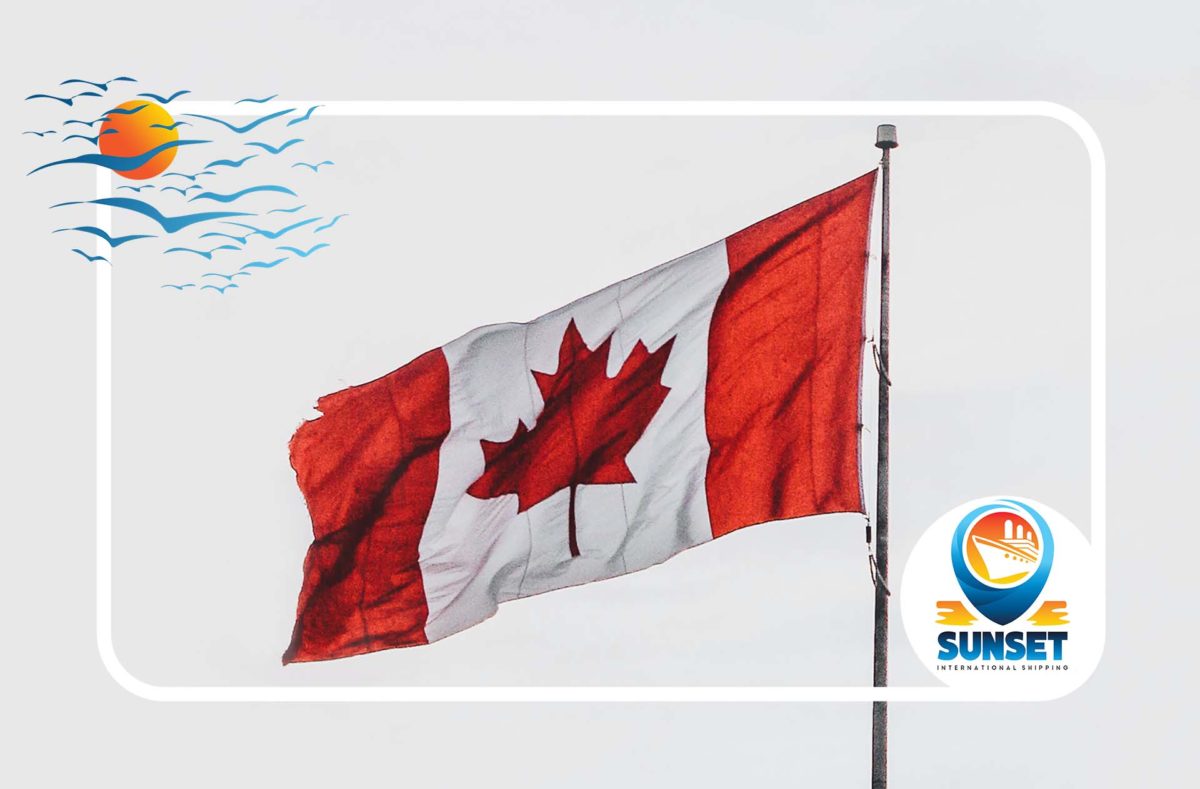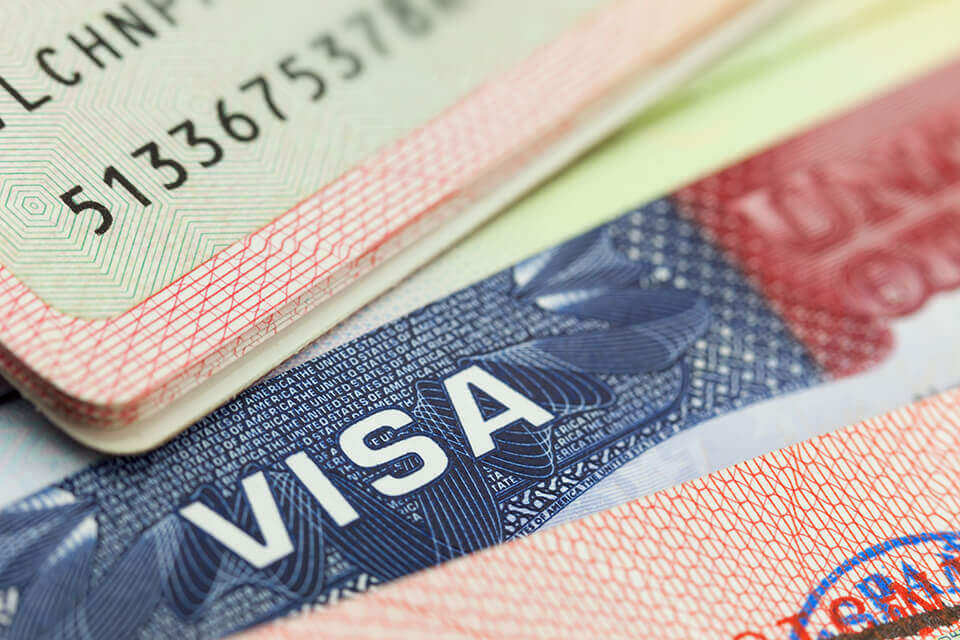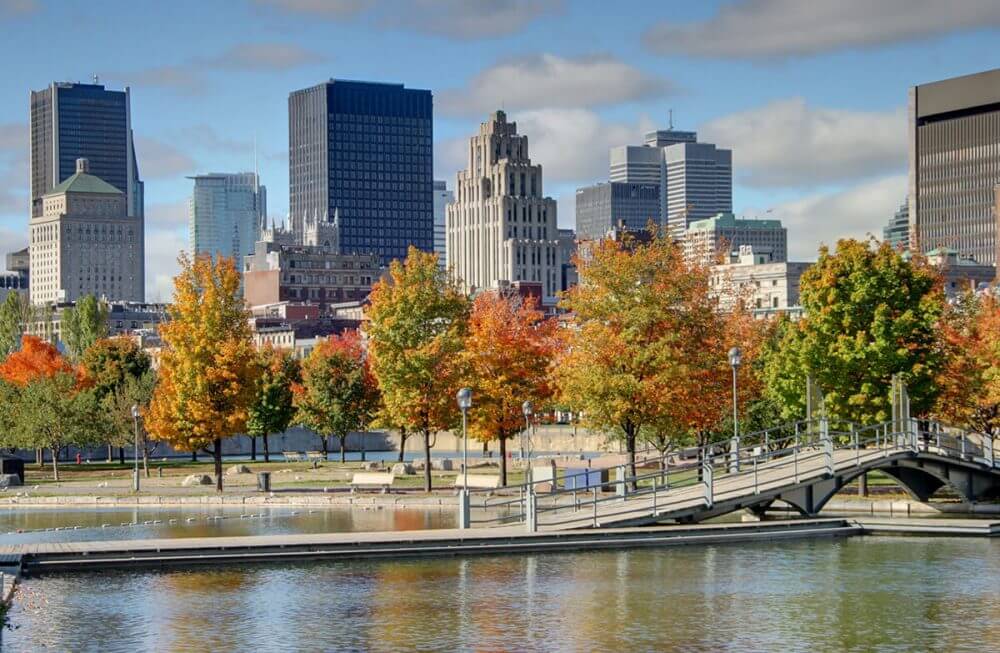When you set your mind on moving to Canada, the chances are that you will live within 100 miles of the border with the US, since 90% of the population does. Relocating up north is a smart choice for all of those who are in pursuit of work opportunities, high quality of life, and excellent education. After all, the so-called Great White North is a place with a literacy rate of over 99% and one of the highest living standards in the whole world.


Stay with us and learn how to move to the second-largest country in the world by territory, and how to find a well-paid job and a charming home in some of Canada’s ten provinces and three territories. Then we’ll provide you with an insight into the cost of living, taxes, entertainment options, and guide you through the Canadian banking and healthcare system.
Picking the Immigration Program And Gathering Necessary Documents
No matter where you are going, there are some necessary documents needed to travel abroad that you need to obtain if you want to cross the border. If you were wondering how to immigrate to Canada, check out the official government website and look into all kinds of visas and residential options you can apply for. Depending on your needs and the time and purpose of your stay in the country, you can apply for work, study, and travel visas. Besides, if you want to put down some roots, there are options for permanent immigration that you can check out.
Permanent Immigration
The right to stay for good in the Great White North can be achieved through a number of permanent immigration programs:
- Express Entry immigration is completed within six months, so if you are in a hurry to become a citizen, look into this program. As an American, you may quickly gain an express entry permit because of your language skills and work experience.
- Provincial nominee programs can be a useful starting ground for all of those who know which province they wish to relocate to.
- Immigration to Quebec might not be the best fit for Americans who only speak English, but if your plans include relocating to Montreal, you can look into this type of permanent program.
- Spousal/Common-Law Sponsorship for all of those who have a partner or a spouse in the other country. After all, one of the most common reasons for international relocation is love. If that is the case with you, there are a few entry options you can explore.
- Business immigration attracts skilled people with significant ability to contribute to the country’s economy.
When you figure out which application program you want to pursue, you should look into obtaining other Canadian documents as well.
Driving Permit – Will You Need It
When it comes to driving, you should know that rules and regulations are pretty similar to those in the US. Although some provincial rules might be different, you won’t have too many troubles navigating on the road. If you are shipping your car, and you want to be an active driver, you should have a valid driver’s license.
A free trade agreement between the US and Canada allows American citizens to drive without having an international driving permit.


Quebec and Ontario Are Not the Only Provinces
There are ten provinces in this nation and three territories. Each one of them has something special to give to its residents. When packing and preparing for relocation, take some time, do your research, and find the place you want to call your new home.
Are you moving to another country for love? Or are you in the pursuit of knowledge and a successful career? Whatever the reason, some places will be a better fit for you than the others.
If you want to relocate to Alberta, know that over half the population is concentrated in only two cities, so there is a high chance that you will be living in Calgary or Edmonton.
All the nature lovers would love Manitoba since there are over 100,000 lakes. Although the extremely cold weather is not for everybody, those who can stand it will have the opportunity to enjoy nature in its purest form.
If you choose to live in Quebec, you might need to think about how to break the language barrier, since French is the official language here.
Are you looking to work in Vancouver or settle down in some of Vancouver neighborhoods? Moving to this diverse city is also a great choice, especially for those who like coastal seaport vibes in their area. It is located in the province of British Columbia that has a mild, rainy oceanic climate and a lot of shores for residents to explore.
Are you wondering how to keep in touch with friends after you relocate? Well if you move to Ontario, you won’t have to worry that much about it, since this is a province that borders the US. Immigrants mostly pick bigger cities to settle down, so if you find yourself living in Toronto, you will be staying in the largest and probably the most famous city in Canada.
When you get to know the provinces, it will be easy to make a final decision on where to put down roots.
Pick the Right Place When Moving to Canada in the Hope of a Better Life
Big metropolises seem like an obvious choice when you are relocating. If you want to settle down in places with a low cost of living, good schools, and a tight-knit community, you should search for smaller areas.
When making a checklist of all the things your home should have, affordability comes at the top. Luckily, there are more than a few places that everyone can afford – Saskatoon, Charlottetown, London, Montreal, or Moncton.
If you are relocating with kids, worrying about safety is completely normal. Smaller communities like Petawawa and Selwyn can be perfect places to raise a family.
There Are No Restrictions for Foreigners to Buy Property
Renting vs. buying is always a dilemma. If you want something permanent and you intend to buy a property, you will be happy to learn that Canada doesn’t have any restrictions for foreigners to become homeowners. Prices of housing vary, depending on the place you choose. That’s why you will need around $821,000 for a place in Vancouver, or $382,000 for a property in Ottawa.


Utilities Vary Depending on the Province
Utilities play a big part in the overall cost of living anywhere in the world, and the Great White North is no exception. The average price of electricity is $0.174 per kWh, but since every province has its own variable costs, some places have cheaper electricity than others.
Data from Numbeo shows that basic utilities such as heating, electricity, water, and garbage for a 915-square-foot flat are around $150.


Before Moving to Canada, Find Work as an Expat
International relocation will bring a lot of unknowns. That’s why you should take advantage of networking and start looking for work while you are in the US. Landing a well-paid job is not just a smart way to start your life up north; as we’ve seen, securing an employment contract before actually relocating might be one of the legal requirements for gaining a lawful stay and the right to work in the country.
Research the job market, and you will figure out exactly where you can apply for employment. Depending on your qualifications, some provinces will be more suitable than others, but overall, there is a high demand for health care experts, engineers, accountants, welders, truck drivers, and industrial electricians. In general, skilled workers are always wanted.
Energy companies such as Shell and Imperial Oil, Air Canada airline, Royal Bank of Canada, and Magna International are some of the biggest employers in the country. So remember to send them your resume if you think you are qualified for some of the positions they offer.
Don’t forget that the Internet is your friend. Check out sites such as Workopolis, Jobboom, Indeed, and Eluta and see what kind of positions are opened.
Get a Social Insurance Number
Before you get a job, you should obtain a social insurance number (SIN) – a nine-digit number that gives you access to many government programs and benefits.
Applying for it must be done in person at the Service Center. People should take into consideration all the benefits of SIN that cover housing, family, education, training, and people with disabilities.
Research the Business Culture
Every nation has its own set of rules when it comes to professional behavior. Before you head to work, take some time to learn about customs. Luckily, Canadian business culture is a mix of American, British, and French, meaning that it is an environment that highly values opinions, justice, diversity, and equality.


Study in Canada as an International Student
When relocating to the Great White North, know that some parts of the education system are managed provincially. That’s why, when you choose an educational institution you want to enroll in, check out things like tuition and the application process.
This is a nation with both public and private schooling, but it is also one of the most educated places in the world. If you are relocating in pursuit of knowledge, know that there are plenty of institutions offering a US-style model, International Baccalaureate, or the UK national curriculum.


Public Healthcare Is for Everybody, but It Is Not Free
The universal healthcare system that takes great care of its citizens is one of those things that make the Great White North an excellent place to live in. However, expats should know that for them, the healthcare system works a little bit differently. The type of coverage every immigrant gets depends on their status in the country. That’s why non-residents will be expected to pay for some services.
When you want to find a general practitioner, know that every province has its own online tool that can help you.


Banking Is Pretty Straightforward
Once you relocate, it is time to think about finances. Having a bank account in one of the country’s banks will make transactions faster and easier. Expats can open an account easily. All they need is an ID, immigration papers, social insurance number, and a passport. Although some banks may require additional documents, the procedure is pretty straightforward.
If you are still on the fence about which bank to choose, know the top ones are TD Bank, Royal Bank, Scotiabank, and Bank of Montreal, but there are also international banks.


Figuring out How Taxes Work Won’t Be Hard
You cannot escape taxes, so it is better to learn about them from the get-go. Harmonized sales tax (HST) is 13%, and it is added at the end of the purchase, so the price you see on the tag while you are shopping is not the final one. The tax system also includes income, property, and business taxes.
You Will Never Get Bored
No matter where you choose to stay, there is a vast country for you to explore. Big and urban areas have museums and historical monuments you can check out. Also, no matter where you live, you don’t have to wonder what’s for dinner, because there are plenty of restaurants, pubs, and bars you can go to.
If the weather is not ideal, go to an aquarium or visit arcade games and awaken your inner child. When the sun finally comes out, you can put on some good shoes and head out to explore.
Enjoying Outdoor Activities Will Become Your Everyday Pastime
With almost 4 million square miles of territory, you will get to live in a place with a diverse climate, geography, and wildlife. It is also home to around 20,000 bears, mostly in British Columbia, and the government is doing its best to ensure their survival.
When packing, don’t leave summer or winter clothes in storage; you will need them all. With eight forest regions and over two million lakes, you will be limited only by your imagination when it comes to outdoor activities. Hiking, biking, running, fishing, skiing, and kayaking – you name it. You just have to find the time.
Sports Are an Essential Part of the Local Culture
Sport is a big deal. Over the years, locals have been celebrating historical sports moments and achievements, making it an essential part of the culture.
This is a nation of passionate hockey, lacrosse, soccer, curling, basketball, and winter sports fans. Becoming a part of the community means embracing all of it. Get a jersey or two and reserve your free time for an exciting game. It will make you feel like you belong.


How to Start Feeling Like a True Canadian?
It takes time to get used to the new environment. You will have to adapt to the customs and traditions of the place, as well as preserve what makes you uniquely you. While you are getting to know your neighbors and the new location, be open to new experiences. When you start living in Canada, home to 48 national parks and 167 historic sites, embrace the outdoors, and you will be one step closer to feeling like a real Canadian. Go to sports games, read books by famous authors like Margaret Atwood and Stephen Leacock, and listen to artists such as Alanis Morissette, Neil Young, and Leonard Cohen. There is no trick to figuring out how to be Canadian; you just make new memories and friends, and after a while, the place will feel like home.






